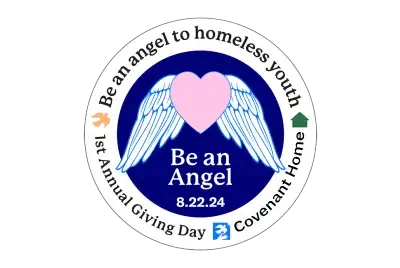4 Million+ Young People Experience Homelessness Each Year
Youth homelessness is a complex issue. Each year, an estimated 4.2 million young people in the United States experience a form of homelessness. Many different factors contribute to youth homelessness, but some of our most vulnerable populations face the greatest risk.

At least 4.2 million young people experience a form of homelessness each year.
Nearly half of all young people who experience homelessness do so more than once.
About 50% of all unhoused youth were homeless for the first time in the past year.
How We Help Youth Experiencing Homelessness
We're the largest primarily privately-funded agency in the Americas providing shelter and support services to youth facing homelessness.
Crisis Care
Crisis care programs and services meet a young person's immediate needs and help to stabilize their situation. We provide emergency services and short-term housing in addition to nutritious food, clothing, medical care, mental health services, and legal aid to young people ages 16 to 22 who are experiencing homelessness or human trafficking.
Housing and Stability
Our shelter doors are always open, 24/7. Our housing program provides emergency shelter, short-term, transitional living, and permanent housing options to young people experiencing homelessness. We are expertly equipped to respond to the unique needs of young survivors of human trafficking, those who identify as LGBTQ+, and those who are pregnant or parenting solo.
Mental Health
Young people experiencing homelessness face complex stress and trauma in their everyday efforts to survive. We offer counseling, traditional talk therapy, and other wellness programs such as yoga, art and music therapy, religious and spiritual services, and physical fitness. In these activities, young people heal from the harm done to them while living unhoused and take control of their lives, build on their strengths, and nourish their self-confidence.
Education and Workforce Development
Advancing educationally and preparing for the world of work are key to a young person’s prospects for leaving homelessness behind. We create programs and build pathways that lead our young people to greater employment opportunities. Our strategy is to build programs that our youth can feel excited to participate in, that offer a livable wage and room to grow professionally, and ultimately help them become independent and sustainably exit homelessness.
Shelter Is Only the Beginning
From crisis to care: Find out what it's like when a young person enters our doors.

"The day I walked into the Covenant Home crisis shelter in Philadelphia, I’ll never forgot how scared I was and how the staff made me feel so welcomed right away."
Who Is Most at Risk of Youth Homelessness?
The vast majority of youth do not become homeless by choice. The causes are complex and not due to a single incident or issue. But certain risk factors can increase a young person’s chances of experiencing homelessness.
These demographics are most at risk for becoming homeless:
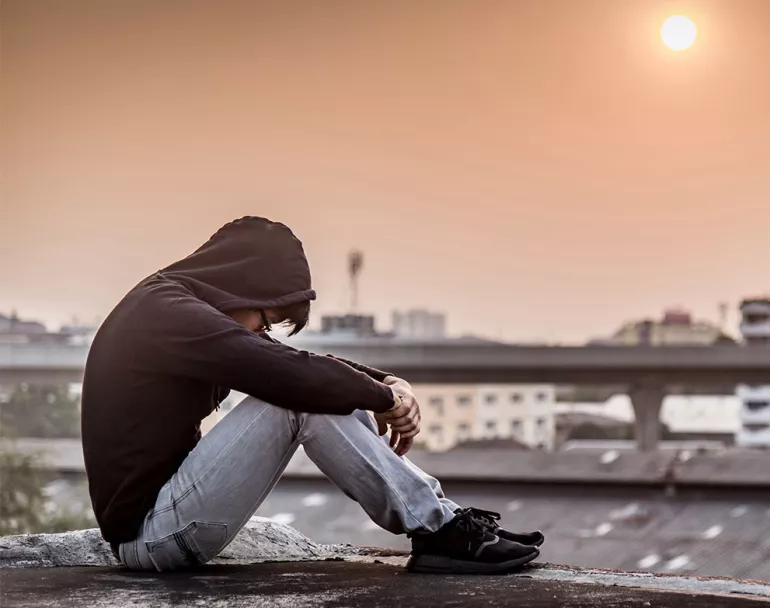
Know the Issues That Drive Youth Homelessness
Young people experiencing homelessness face numerous challenges and barriers that hinder their journey toward sustainable independence and a hope-filled future.
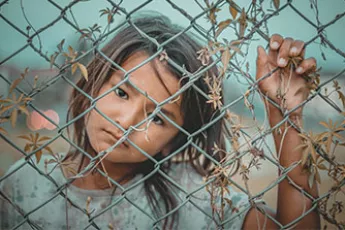
Human Trafficking
Children and youth experiencing homelessness are a prime target of human trafficking. Traffickers use violence, threats, deception and other manipulative tactics to trap millions of young people worldwide.

Income Inequality/Poverty
Children raised in poverty face a higher risk of homelessness. Without equitable resources, they can get swept up in a vicious cycle of hardship and significant social disadvantages.
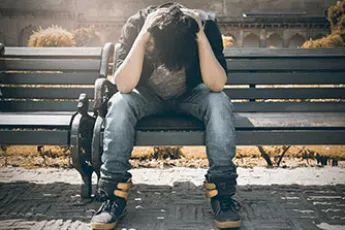
Gaps in Foster Care
When young people age out of foster care and other child welfare services, they become susceptible to homelessness, human trafficking, and other threats to their well-being.

Lack of Affordable Housing
Young people experiencing homelessness are often ill-prepared to find and hold a job that can cover their housing costs. The lack of available affordable housing greatly compounds this issue.

Mental and Emotional Health
Homelessness takes an enormous toll—both physically and mentally—on young people. Each year, thousands of youth experiencing homelessness die on the streets due to illness, assault, or suicide.
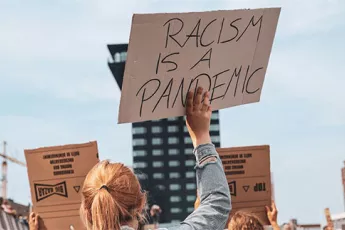
Racial Discrimination
Racial discrimination is a pipeline to youth homelessness. People of color experience homelessness at higher rates, largely due to long-standing structural racism that impacts education, housing, and other inequities.
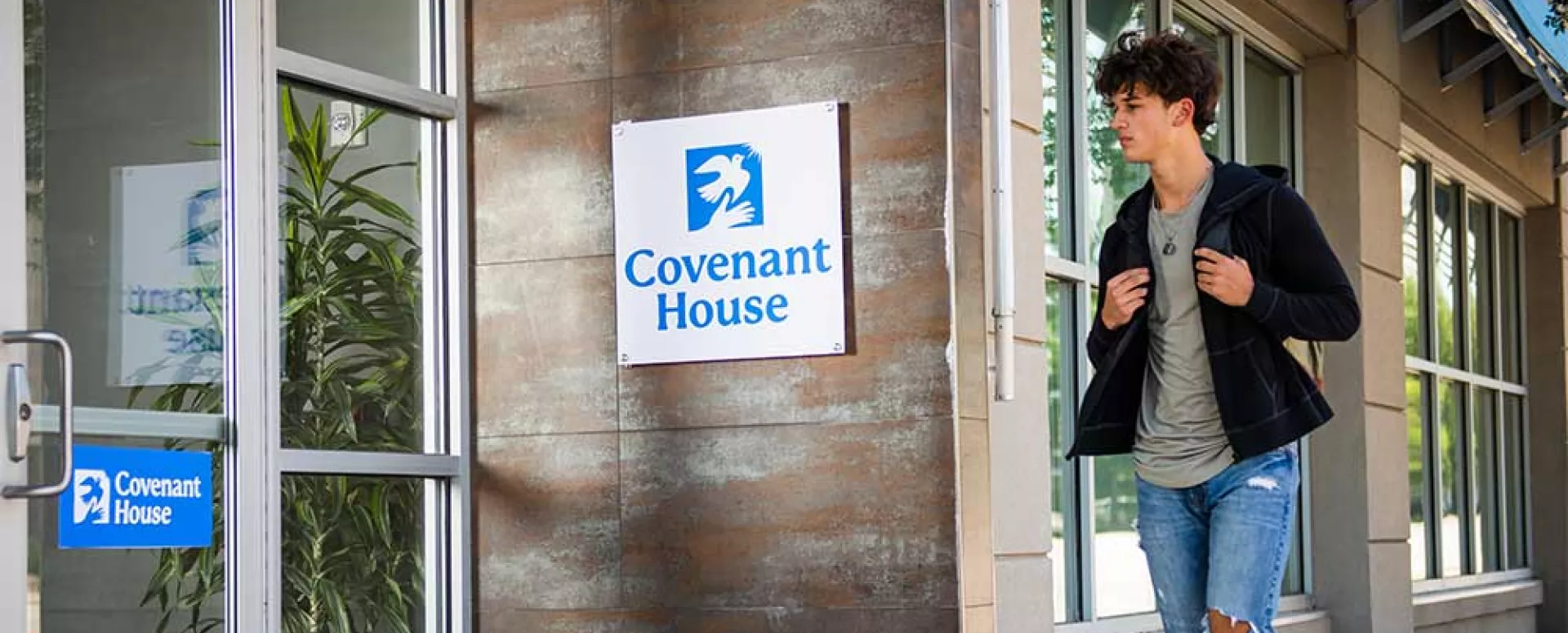
Be a Part of the Solution
Your gift today provides shelter and essential support services to young people facing homelessness.

